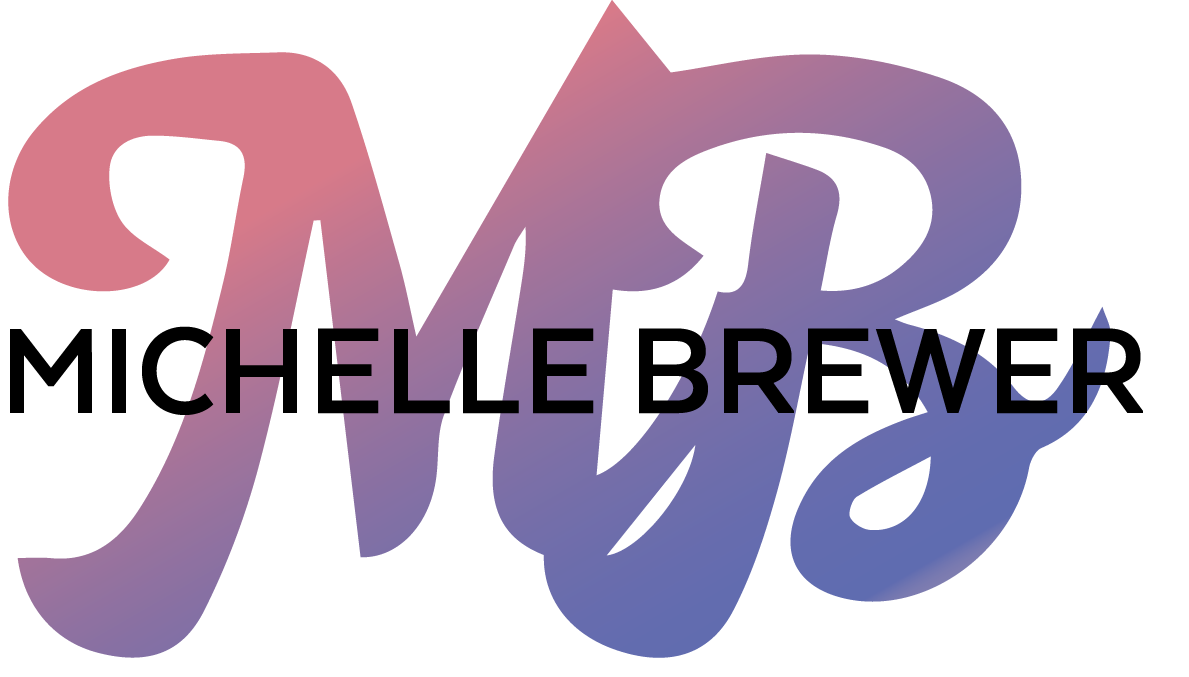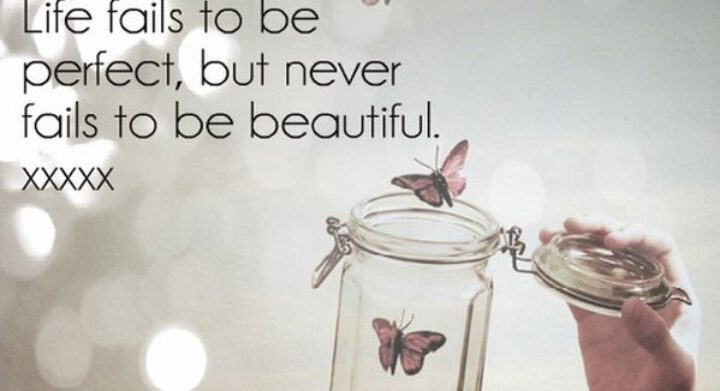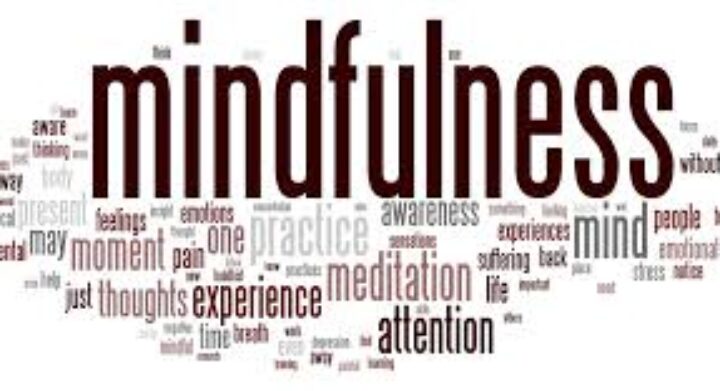I ponder the concept of solipsism. It is the philosophical contention that only my existence is real. I’ve come to the conclusion that psychologically solipsism is the position that only my existence is trustworthy. Enter food.
[jetpack_subscription_form]
At the beginning of this year, I committed to blog 100 times in 2016. That is an average of roughly twice a week with a couple of weeks off for good behaviour (or vacation or sickness). Here it is January 11th and only one post to date. Hmmm. I am a little bit behind schedule.
I can tell you that it is not a shortage of things to say. My mind is constantly whirling with one of two things. To start, ideas about how my relationship to food is a mirror/substitute in my life for my life. This is important to explore and discuss because I constantly hear how my experience is representative of many other women’s relationship to food, and because I am convinced that it has so much to do with our situation as women in this still patriarchal Western world. What I mean is “internalized oppression:” that is both about how we have internalized the social-political limitations of yore as negative self-talk about our appearance, especially about our bodies, that continues to limit us, and how we use gossip and criticism of other women–again about appearance and body–to police and confine them so that they don’t have lives bigger than ours. (Yes, there is a fuller blog post in there sometime soon).
My eating is like the damper pedal on the music of my soul.
I have decided to commit myself to something radical in 2016. Something radical because I want something radical in return. Liberation. I am going to blog this year about my challenging relationship to food. That is not easy for me to say.
Things happened in our past where we felt like we would not survive our feelings. So we chose to go away from the present moment by eating. Years and years of this habit make it into a truth that we don’t question.
What if the simplest thing made the greatest difference?
On what I believe to be a path of revolutionary proportions, I am often asked to explain how the relationship to food and exploring eating can be a transformative spiritual experience of immense insight and empowerment. In what I have seen, it brings you directly into contact with the emotions that are thwarting your thriving. It cuts deeper and faster than any other approach I know. With this in mind, I share a written exchange I recently had with one of my regular participants after the weekly “Daring and Sharing” call that I lead.
Hi Michelle,
Even though you said it twice on last night’s call, I still completely missed what I sense was the most important part of the call for me. It was right after your saying that when you fight the bad feelings it solidifies them. It was something about accepting them. Something like “it’s in the moment of acceptance that we………”
If you could please clarify, thanks!
Rebecca
When we mediate our self-worth through the size of our body or conformity to certain eating expectations, we are distorting and diminishing ourselves.
Do you have dreams for yourself? Do you know who you are meant to be but can’t seem to get there? How you eat can be a perfect way to see how you stop yourself from reaching your potential.
When facing challenges around mindful eating, an insight that often emerges for people is the spiritual nature of the process of exploring physical hunger and eating. When we mediate our self-worth through the size of our body or through conformity to certain eating expectations that don’t relate to our distinct and unique needs, we are distorting and diminishing ourselves. Adding insult to injury: the truly sad part is that we are doing it to ourselves. The intuitive eating guidelines–eat when you’re physically hungry, eat what your body wants you to eat, and stop as soon as the hunger goes away–call upon us to distinguish physical hunger from all the other hungers we have, and then lovingly, thoughtfully and attentively nourish all of them individually. Many of us use food to feed spiritual hungers, and then cannot figure out why it is hard to stop eating what we don’t really want to eat or when we don’t want to eat. But by feeding our physical hunger and only our physical hunger with food, we show up for ourselves. It gives us grounding that allows us both to weather what is difficult without being overcome and the sustenance to reach out in our aspirations.
There is no vitality, no growth, no fulfillment in safe. You need to keep in the front of your mind that any kind of enriching life will require risk.





